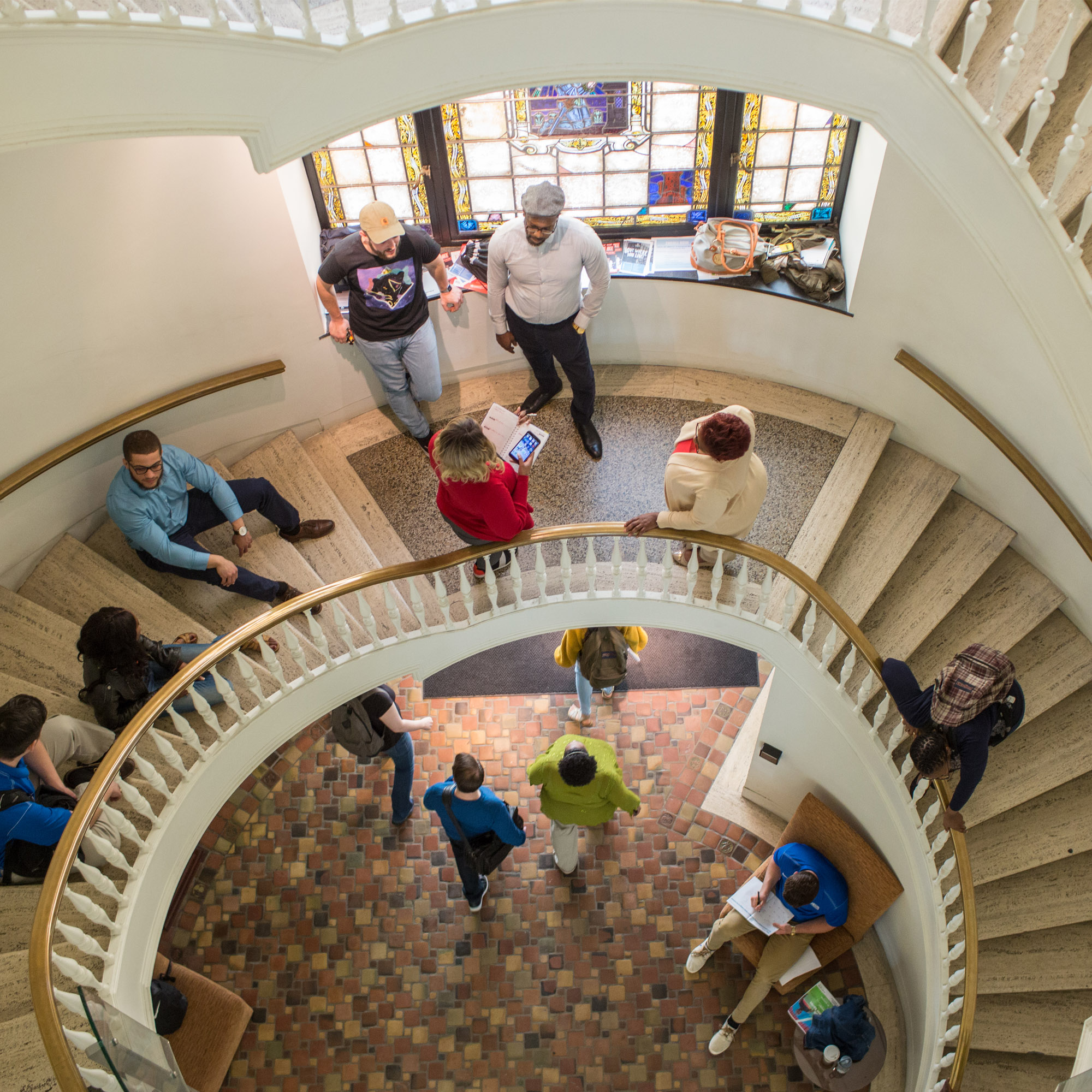College of Public Affairs
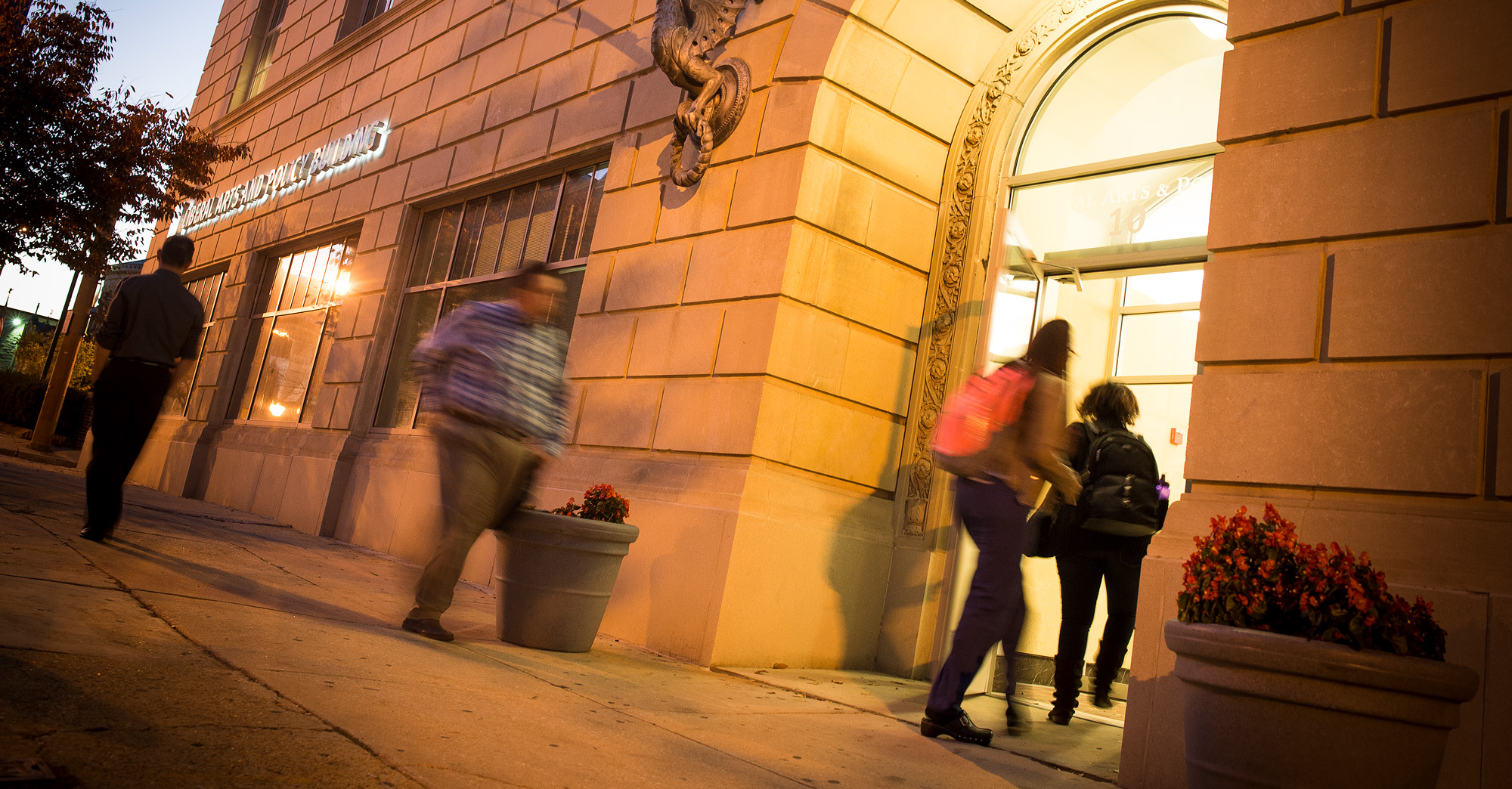
Maryland's Most Comprehensive College dedicated to Public Service
The College of Public Affairs will prepare you to address real-world problems by analyzing policy, imagining solutions, and leading in the public sector. Whether you are interested in public and international affairs, health and human services, or criminal justice—we are committed to preparing the leaders of tomorrow.

Partnering with you
to solve real-world problems
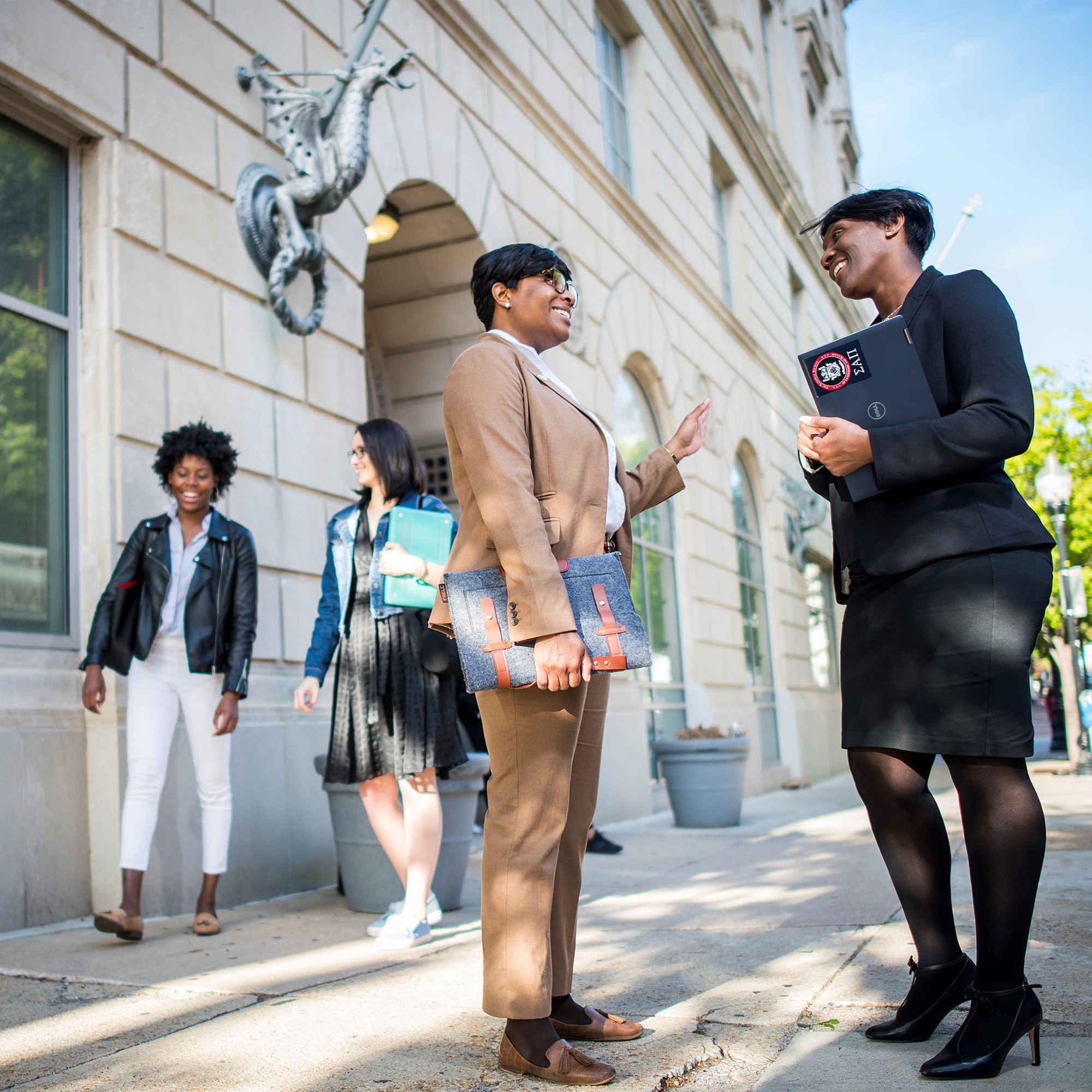
Values Matter
We value career-focused education that is professional, inclusive, practical and
problem-solving at a time when expanding the skills of government and nonprofit leaders
could not be more important.
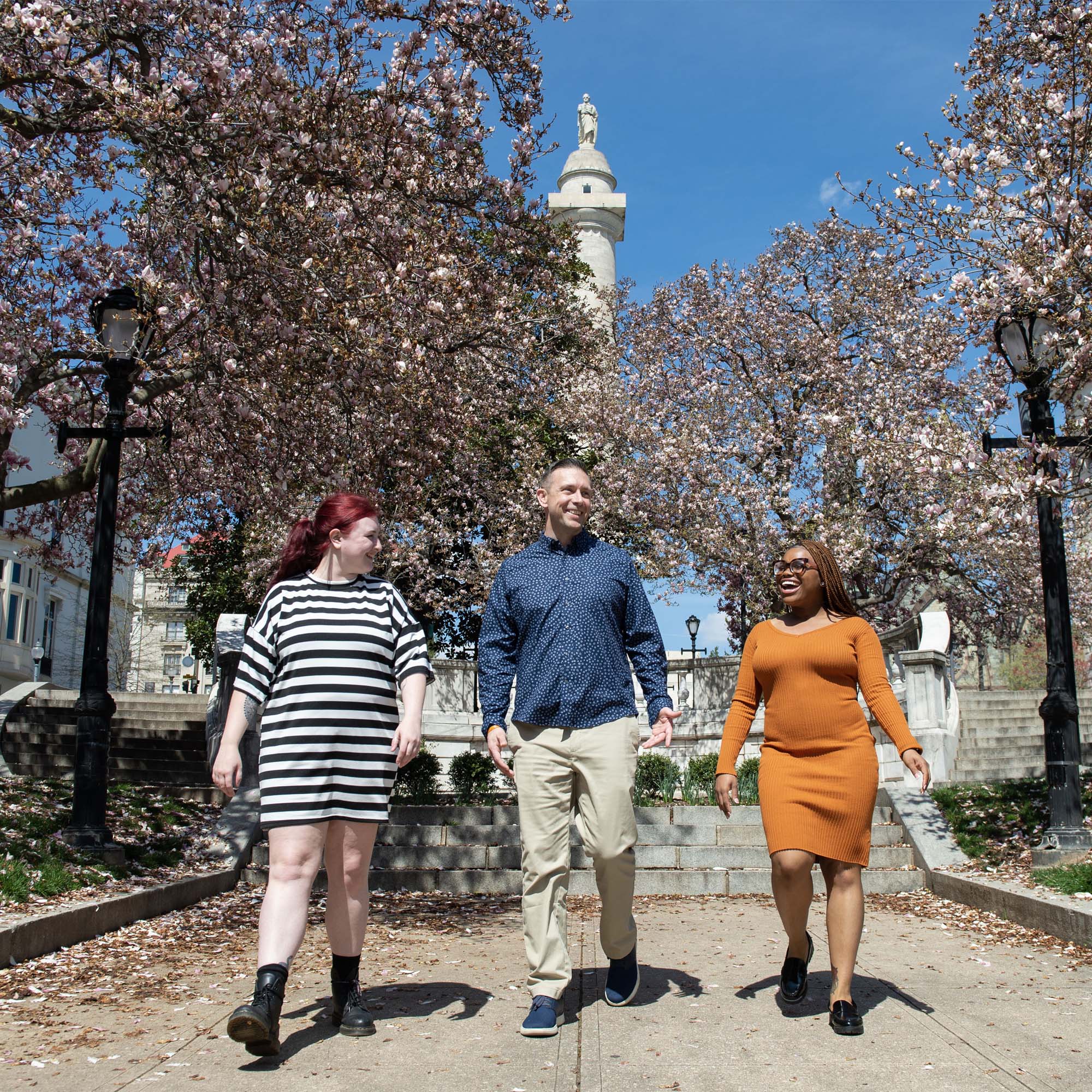
Opportunity Awaits
Our location in Baltimore, Maryland’s largest city, provides our students with
a “built-in” laboratory, with opportunities to put theory into practice and create
change right outside our doors.
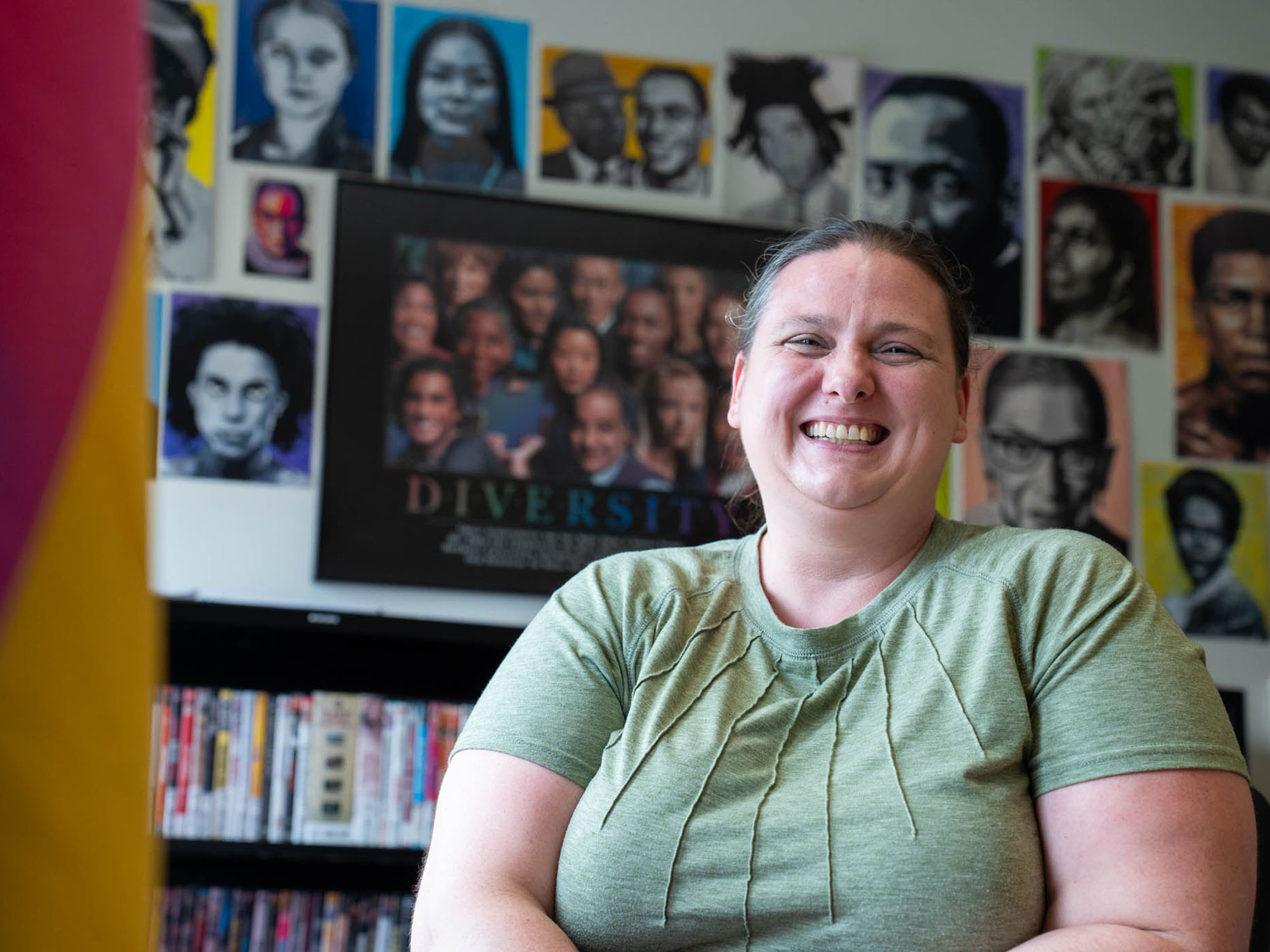
DEDICATED TO PUBLIC SERVICE
Alicia Ryan, a PPIA alum, has been using her personal and academic experiences to fight for change on campus and beyond.
Alicia Ryan, a PPIA alum, has been using her personal and academic experiences to fight for change on campus and beyond.
Read Full StoryIt's really nice to be part of a group of people who want to make UBalt a better place, and also are committed to doing so.
Alicia Ryan, a PPIA alum, has been using her personal and academic experiences to fight for change on campus and beyond.
We ignite futures by tearing down the walls that keep knowledge from those who seek it. If you're driven to transform your life and eager to support change in your community, then UBalt is where your journey begins. We're not just an institution; we're your partner in possibility.

News At
COLLEGE OF PUBLIC AFFAIRS

January 27, 2025
November 12, 2025
November 12, 2025
